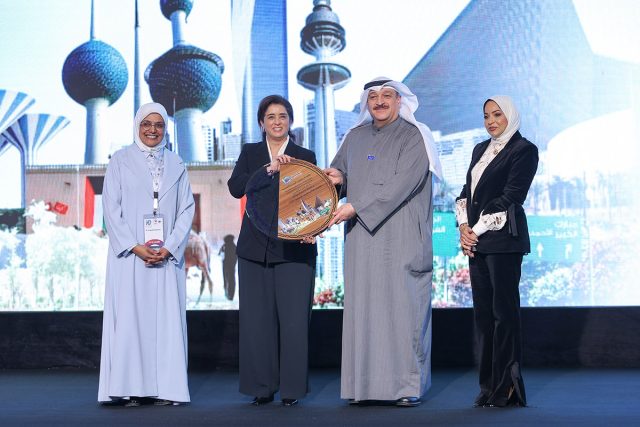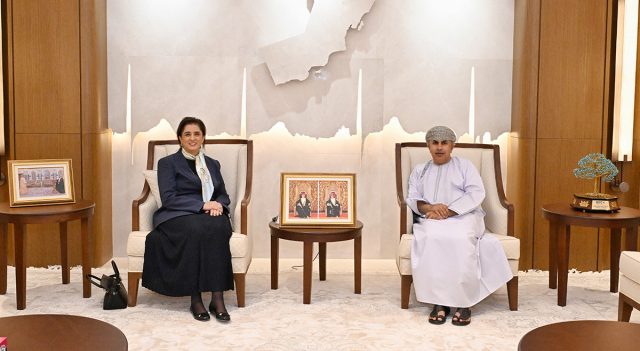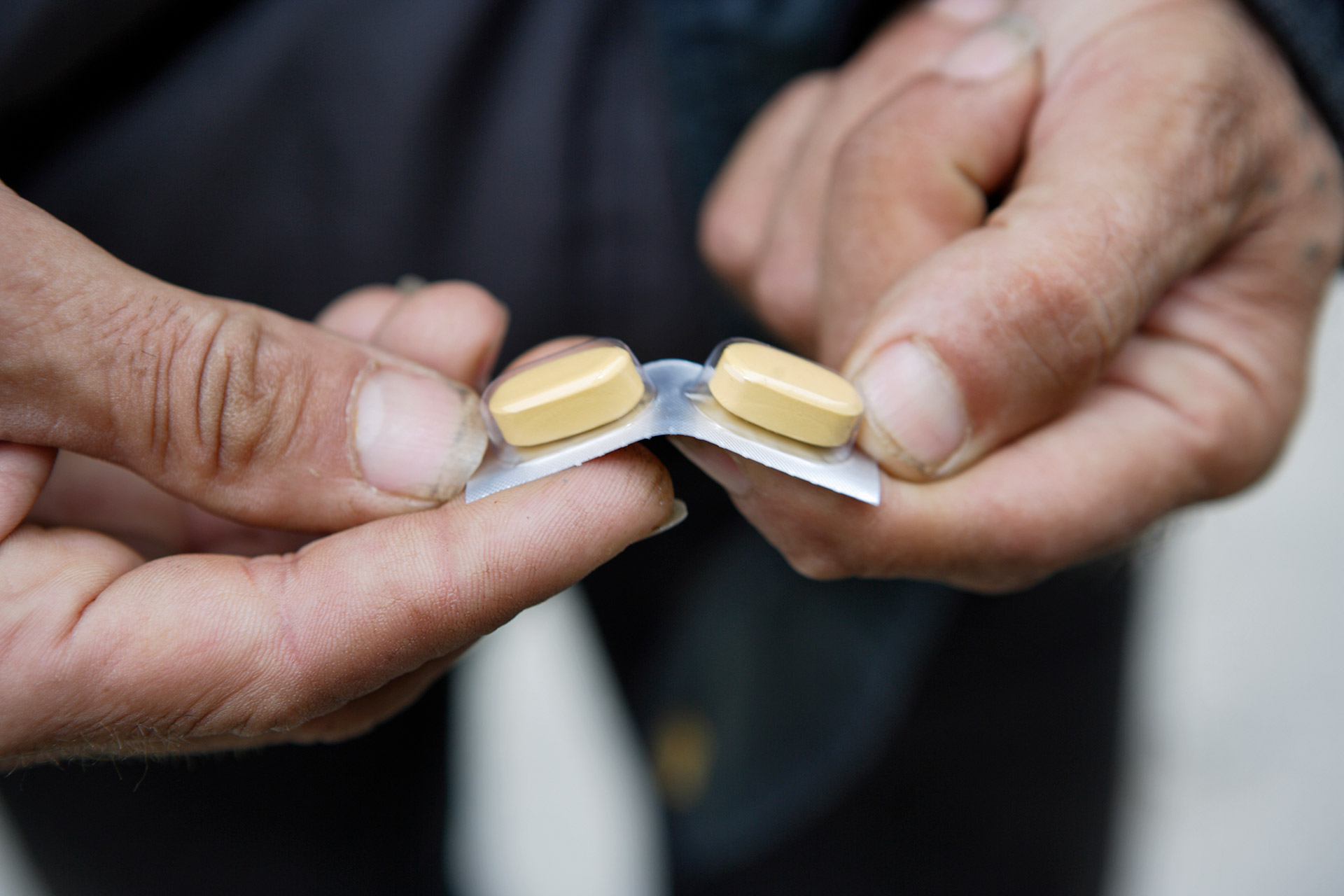
19 June 2025, Cairo, Egypt – Substance use across the Eastern Mediterranean Region is growing among vulnerable groups, including migrants and displaced persons. This silent crisis, taking place in the shadow of conflict, displacement, marginalization and economic hardship, is compounded by the loss of social support networks.
In 2022, 6.7% of people aged between 15 and 64 in the Region had used drugs, surpassing the global average. Young men are particularly affected, with nearly 5% reporting cannabis use in the past year. The treatment gap is particularly alarming. Only 1 in 13 people with substance use disorders receive care.
Substance use contributes to the spread of infectious diseases like HIV, hepatitis and tuberculosis. It takes a heavy toll on mental health, community safety and national economies. In some countries, the economic impact has reached 2% of gross domestic product.
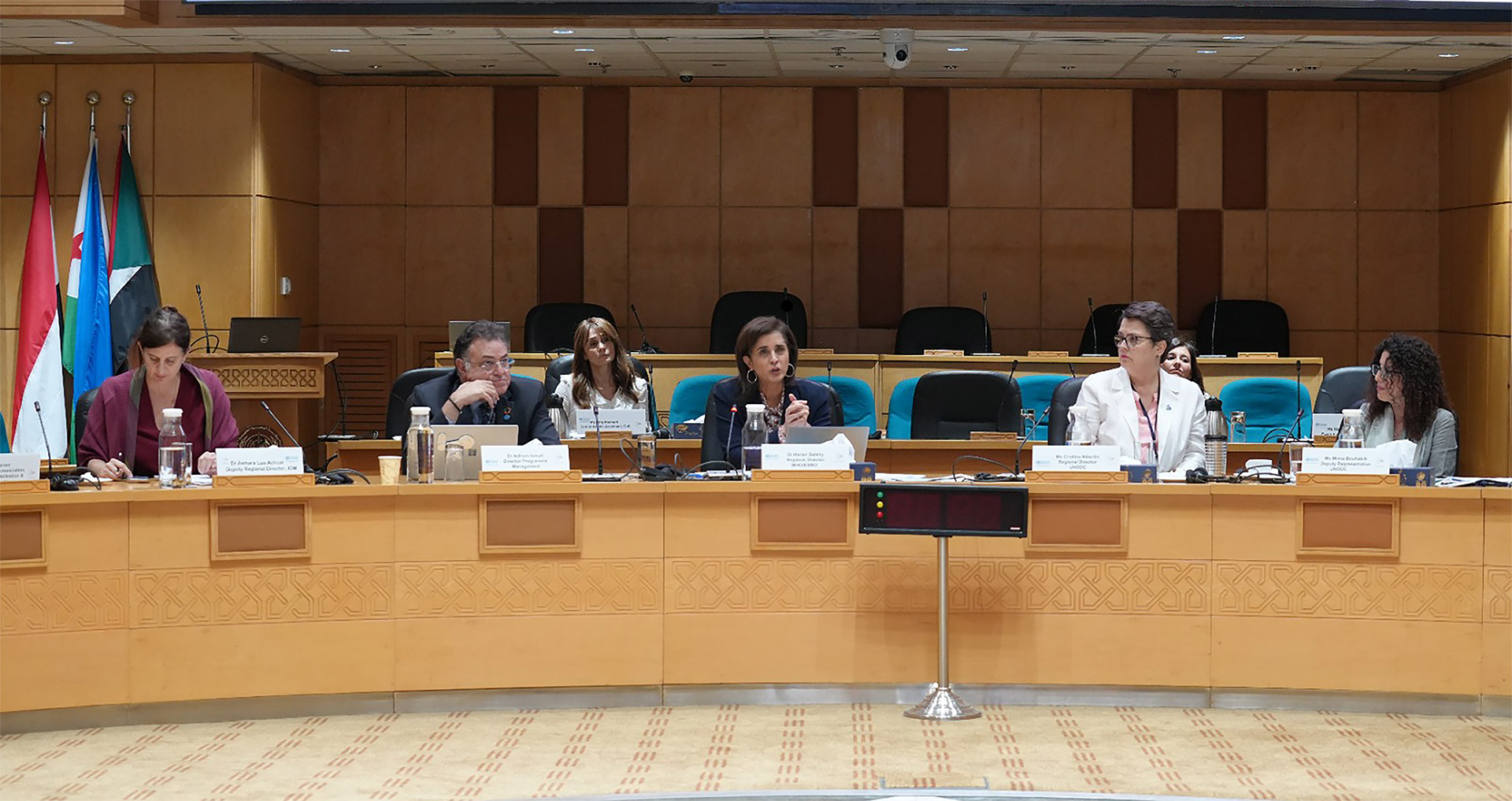
Recognizing the gravity of the situation, on 1 June 2025 the Regional Health Alliance (RHA), which brings together 18 UN agencies, led by the World Health Organization (WHO), to facilitate multilateral engagement and joint efforts to address health priorities, convened a regional technical meeting to strengthen coordination, explore joint interventions and align the response to substance use with the complex realities on the ground.
Under the leadership of WHO’s Regional Director for the Eastern Mediterranean Dr Hanan Balkhy, the meeting gathered regional directors and technical officers from the International Organization for Migration (IOM), the United Nations Office on Drugs and Crime (UNODC), the Joint United Nations Programme on HIV/AIDS (UNAIDS), the United Nations Children’s Fund (UNICEF) and the UN Refugee Agency (UNHCR), and WHO country representatives and technical focal persons from WHO country offices across the Region.
The meeting built on the momentum of the Regional flagship initiative on accelerating public health action on substance use, launched in 2024 and endorsed by Member States. The initiative promotes a public health approach centred around 3 pillars.
Promotion and prevention
Tackling stigma and fostering environments that reduce the initiation of drug use.
Health systems interventions
Integrating substance use treatment into universal health coverage.
Policy and regulatory reform
Supporting countries to adopt health-centred, evidence-based responses.
“Substance use is not a challenge that any one sector or agency can solve alone,” said Dr Balkhy. “This is where the Regional Health Alliance becomes a game changer – by aligning strategies, coordinating technical support and maximizing our collective impact.”
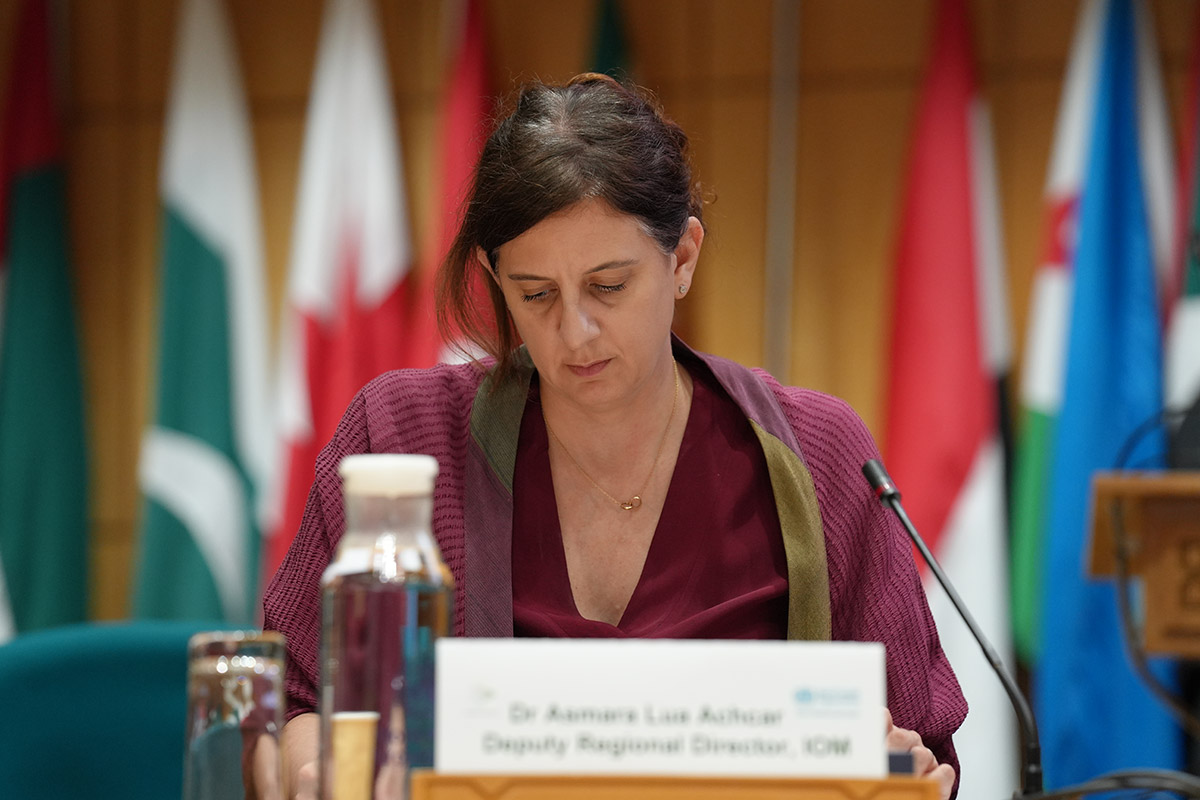 During the meeting, IOM Deputy Regional Director for MENA Ms Asmara Achcar drew attention to the stark realities faced by people on the move.
During the meeting, IOM Deputy Regional Director for MENA Ms Asmara Achcar drew attention to the stark realities faced by people on the move.
“Migrants involved in irregular migration routes are often exposed to extreme physical and psychological hardships during the journey. In such contexts, smugglers and traffickers may coerce or encourage migrants to use substances to endure prolonged travel under harsh and inhumane conditions,” she said.
Collaborative work is more crucial than ever to address challenges on the ground and tailor a small number of high-impact interventions, grounded in global evidence, to local contexts.
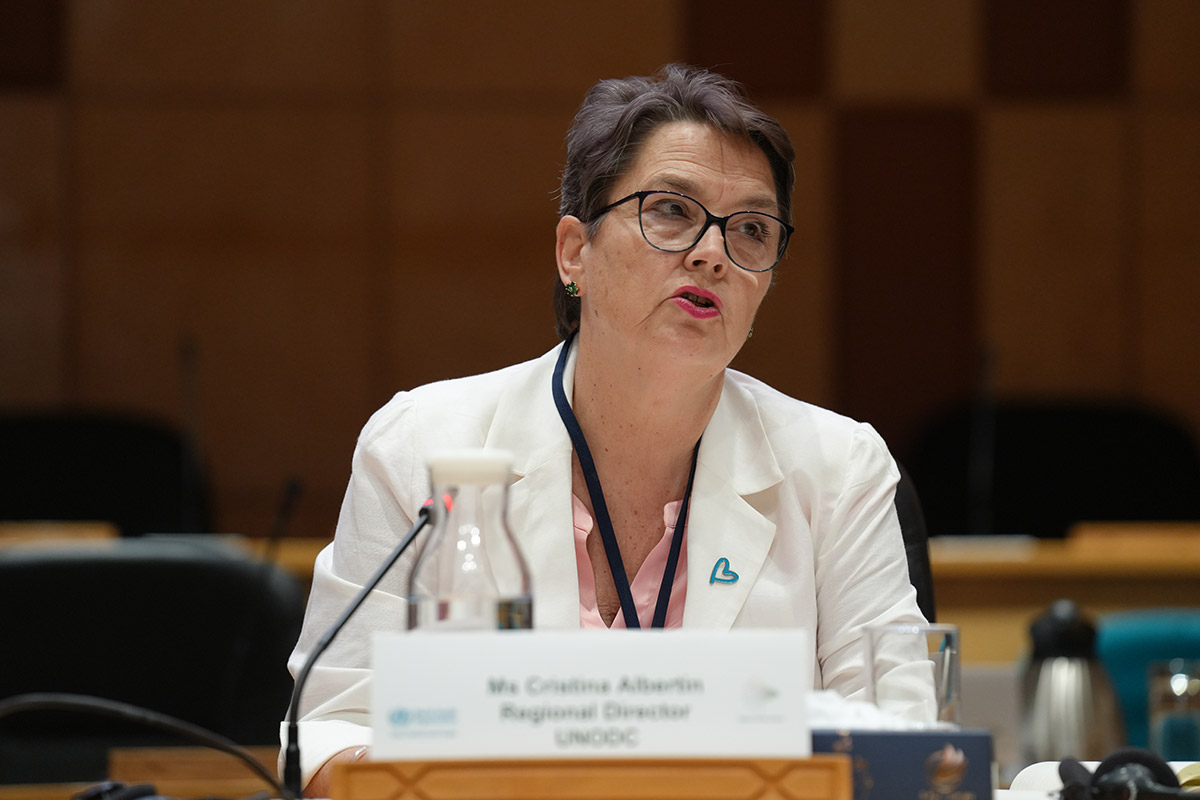 “We have an increasingly diverse and challenging situation in the Region with regard to drugs. Of course, we look at drugs from the health perspective – which is very often neglected – but we also have to consider what’s happening in terms of production and trafficking. We need to step up across the Region,” said UNODC Regional Director Ms Cristina Albertin.
“We have an increasingly diverse and challenging situation in the Region with regard to drugs. Of course, we look at drugs from the health perspective – which is very often neglected – but we also have to consider what’s happening in terms of production and trafficking. We need to step up across the Region,” said UNODC Regional Director Ms Cristina Albertin.
At a time when the Region is facing shrinking resources and growing needs, collaboration is no longer optional, it is essential.
The June meeting served not only as a technical dialogue but a collective restatement of our commitment to ensure that substance use receives the attention it urgently needs, and that no one is left behind.


